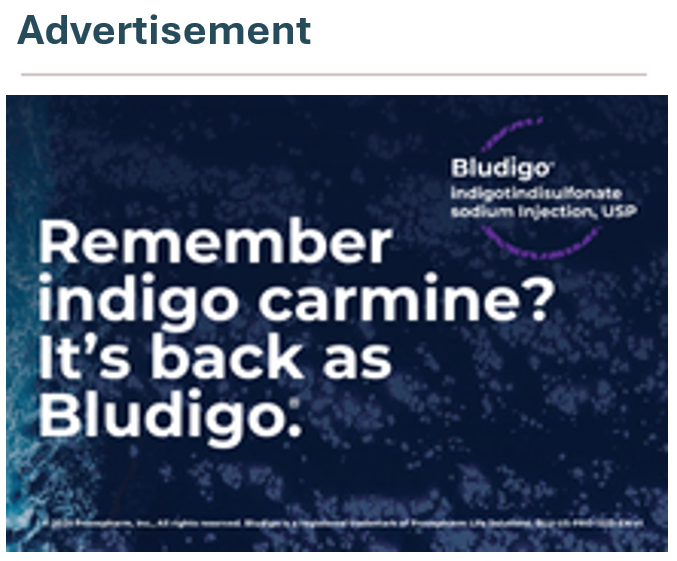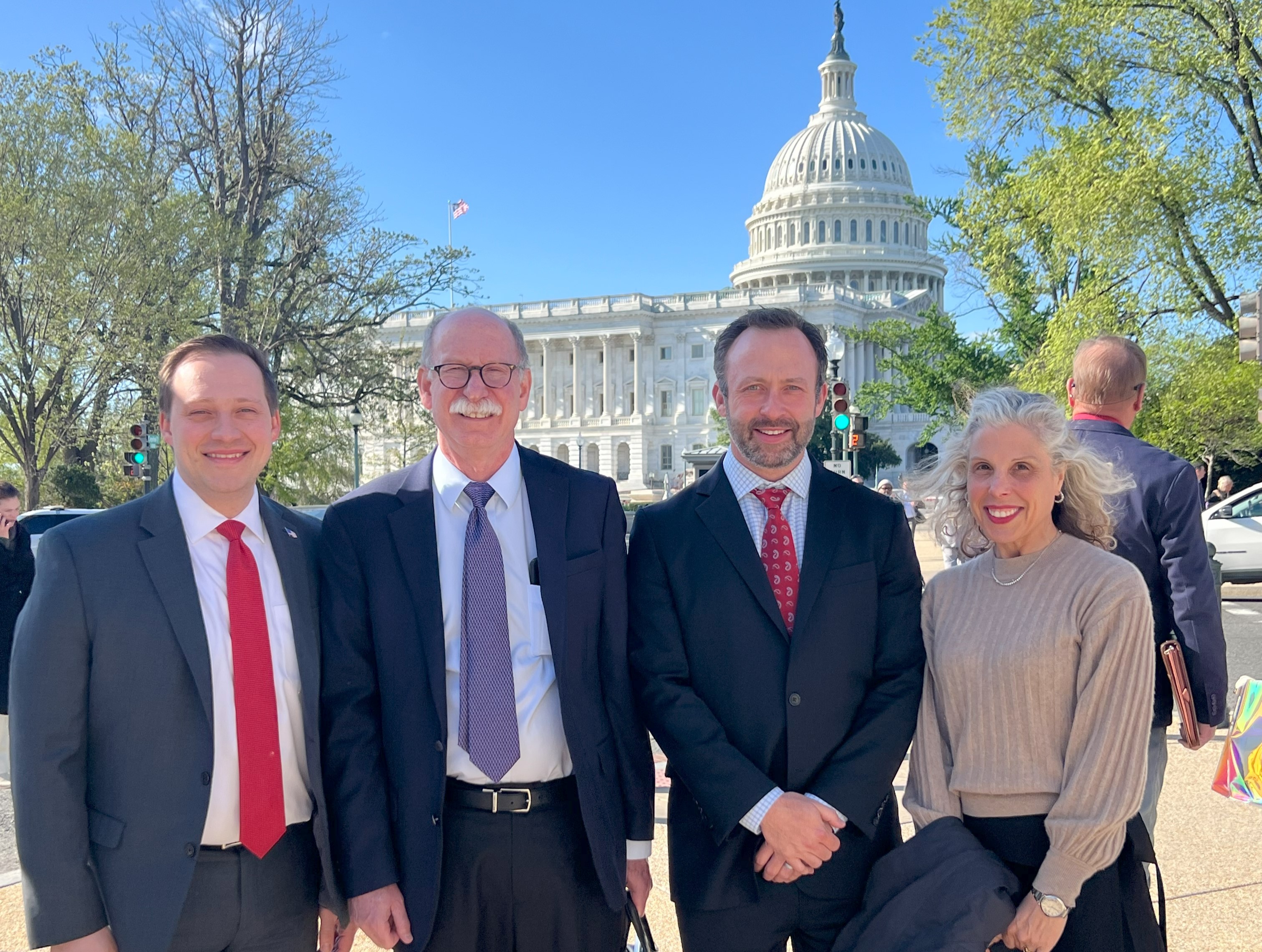Medicare Physician Payment & Part B Drug Payment ReformPayment uncertainty is one of physicians’ most daunting challenges when providing care to Medicare beneficiaries. In a 2020 study, the Federal Reserve Bank of San Francisco found that Medicare payment uncertainty is high and variable, with 19 percent of Medicaid visits not reimbursed after the first claim submission. This is important because, in many cases, when facing a payment delay, physicians either forgo revenue or incur additional costs to collect payment. The Federal Reserve study found that issues with physician payment have a meaningful impact on a provider’s willingness to provide services to specific patients. “In the case of a major government healthcare program, this hassle compounds the effect of low payment rates to push physicians away from providing care for publicly insured patients,” the study concluded. Medicare providers already face low reimbursement levels that lag far behind the Medical Economic Index (MEI), an economic measurement of inflation determined by medical practice costs and general wage levels reflecting year-to-year price changes. Over the last twenty years, the overwhelming trend has been continual cuts to reimbursements paid to Medicare providers. According to research by the American Medical Association, between 2001 and 2023, after adjusting for inflation, Medicare payments to physicians declined 26 percent. This is a serious problem, as the cost of running a medical practice continues to rise, increasing by as much as 47 percent over the last twenty years. These factors have made it more difficult for independent, small, rural, and low-income serving practices to stay operational and have increased healthcare consolidation. LUGPA’s recent advocacy regarding Medicare physician payments has focused on six significant reforms: reforming payment updates, promoting the use of Physician-Focused Payment Models (PFPMs), reforming or repealing the zero-sum game in the Merit-based Incentive Payment System (MIPS), advocating for Medicare to move toward true site-neutral payments, and the codification of the recent administrative reforms made to the Stark and Anti-Kickback laws. The current Medicare physician payment policy is disconnected from the expenses incurred by independent practices, leaving physicians struggling financially. This payment uncertainty has led to burnout and early retirement. These concerns are of particular concern to LUGPA as urologists are among the specialty group most affected by these trends. On October 31, 2022, LUGPA submitted comments on physician payment reform to Congress. In the comments, LUGPA made several recommendations to Congress on how to improve Medicare physician payments:
WHAT IS LUGPA’S GOAL?LUPGA believes Congress must protect physicians by providing stable payment updates that reflect the realities of the economy and healthcare practice costs and implement sensible changes that facilitate the transition to value-based care. LUGPA wants access to cancer therapy via Medicare Part B and Part D (Stark “Location Test”) to be maintained. Physician practices that administer Part B drugs should not be put at risk for pricing decisions by manufacturers and Congress. Congress can achieve the same amount of savings for Medicare and patients without upending the reliable buy-and-bill reimbursement system by collecting a rebate directly from pharmaceutical manufacturers. This solution has the support of the entire provider community and does not impair Congress’s desire to reduce drug costs. LUGPA’S ACTIONS AND RESOURCES LUGPA Champions Medicare Payment Reform Following Latest CMS Proposal- July 2024 Policy Update: CMS’s Transforming Episode Accountability Model (TEAM) Medicare Funding Proposal - May 2024 LUGPA Policy Brief: Advancing AI in Healthcare - May 2024 LUGPA Policy Brief: Reforming the 340B Program - May 2024 LUGPA Policy Update: Addressing Prescription Drug Costs Through Prescription Drug Affordability Boards - April 2024 LUGPA Policy Update: Biden Administration Finalizes Medicare Advantage Payment Rates for 2025 - April 2024 LUGPA Policy Alert: CMS Introduce Accelerated and Advance Payments to Providers in the Wake of CHANGE Cyber-Attack - March 2024 LUGPA Policy Alert: Cybersecurity Threats in Healthcare on the Rise - March 2024 LUGPA Policy Brief: Enhancing Biomarker Testing Access for Improved Urological Care - March 2024 LUGPA Policy Update: Advancing Biomarker Testing Access for Precision Medicine - March 2024 LUGPA Policy Update: CMS Releases New Interoperability and Prior Authorization Final Rule (CMS-0057-F) - Jan. 2024 LUGPA Policy Update: MedPAC Indexing Medicare Base Payment Rate - Jan 2024 LUGPA Policy Brief: Prescription Drug Distribution and Drug Costs - Aug. 2023 LUGPA Policy Update: No Surprises Act - Aug. 2023 LUGPA Policy Brief: Combatting Financial Toxicity in Healthcare - June 2023 LUGPA Statement on Most Favored Nation Drug Policy - Nov. 24, 2020 Members of the House Doctors Caucus sent a letter to HHS Secretary Alex Azar and CMS Administrator Seema Verma requesting reconsideration of the policy that permits Medicare Advantage plans to implement step therapy procedures – a central LUGPA focus in 2019 – July 1, 2019 LUGPA Comments to CMS on International Pricing Index Model for Medicare Part B Drugs– December 31, 2018 LUGPA Comments to CMS on Proposed Medicare Part B Drug Payment Model – May 9, 2016 |




